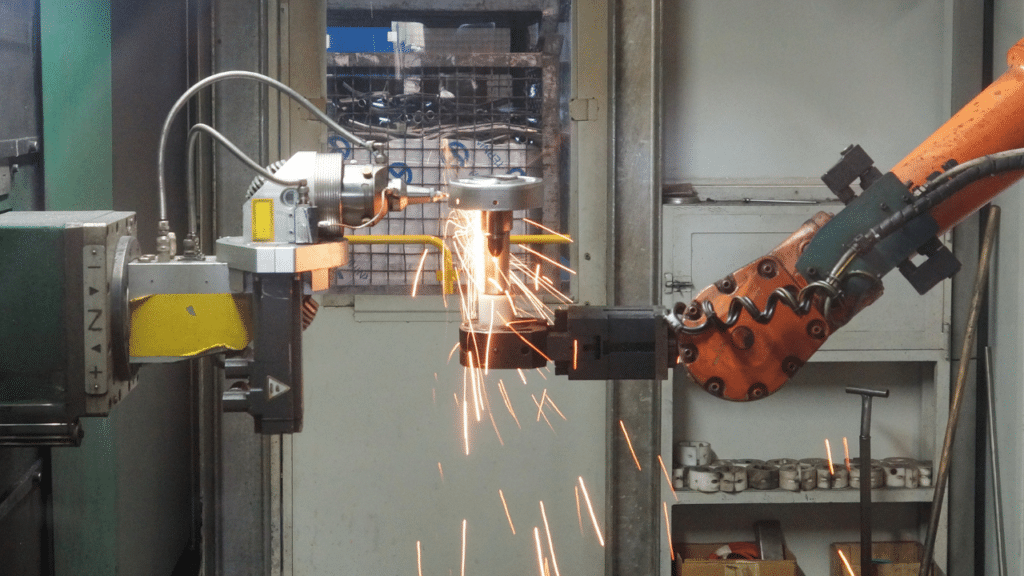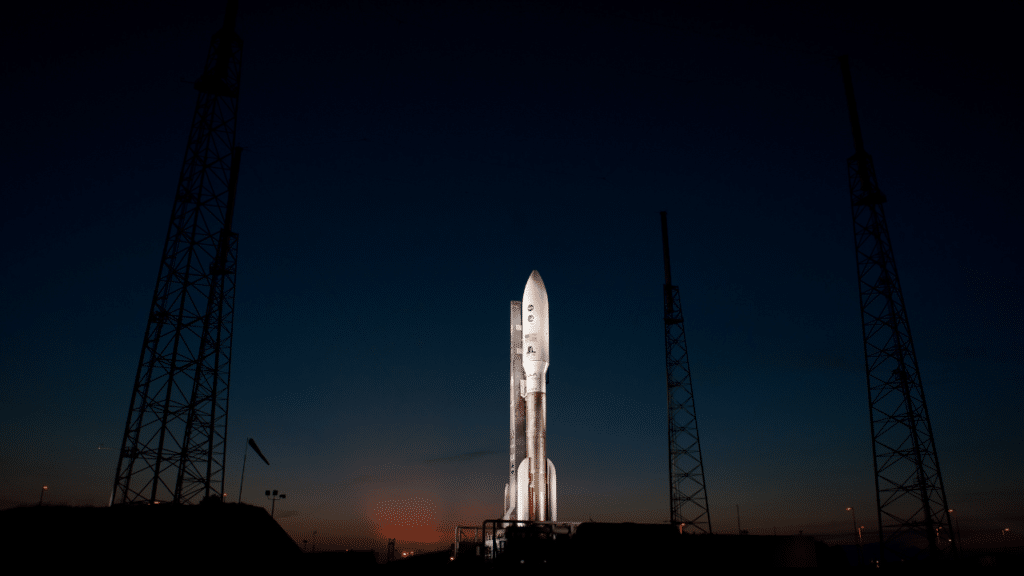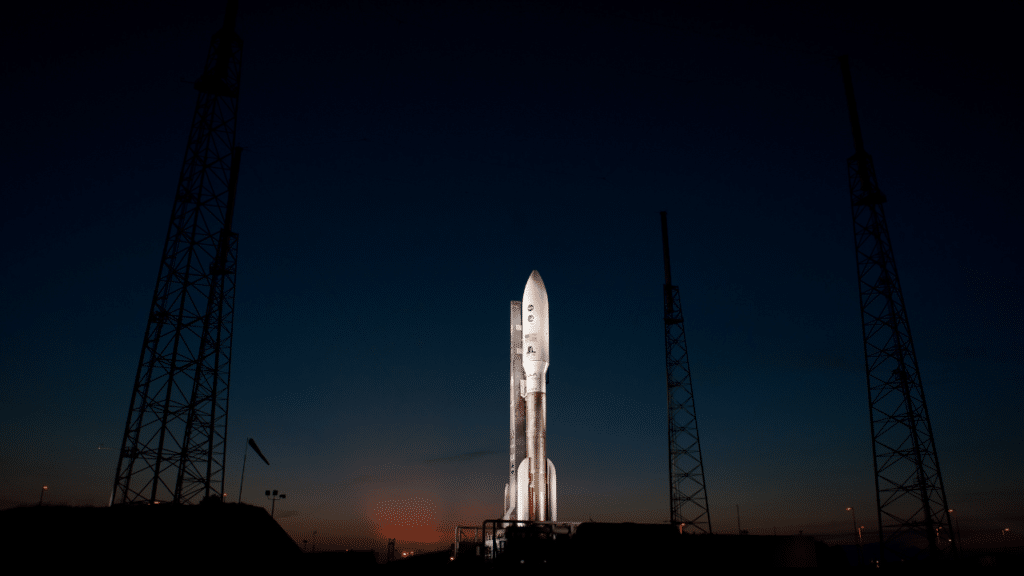Hiring Advice
The Real Difference Between Platform Engineering and DevOps and Why it Matters
If you’re in tech hiring, you’ve probably noticed the lines between “DevOps” and “Platform Engineering” getting blurrier by the week. And yet, the difference between the two is more important than ever. As a recruiter deeply embedded in this space, I speak to hiring managers, engineers and CTOs daily, all trying to answer the same…
Read MoreWhy is the Benelux the Life Science Hotspot?
When people think of the global life science powerhouses, regions like Boston, San Francisco or Basel may come to mind. But in recent years, one region in Europe has been quietly, and powerfully, establishing itself as a life sciences leader: the Benelux Comprising Belgium, the Netherlands and Luxembourg, the Benelux region has become a magnet…
Read MoreWhy Hiring Salespeople at the Right Time is Crucial in Life Sciences
In the fast-moving and highly competitive world of life sciences, having the right sales talent on your team isn’t just an advantage, it’s a necessity. But one of the most common pitfalls I see as a recruitment consultant is companies waiting too long to hire. Whether it’s due to budget constraints, internal restructuring, or uncertainty…
Read MoreThe True Cost of Hiring Quality & Regulatory Talent in Medical Devices
When it comes to hiring top-tier Quality and Regulatory Affairs (QARA) professionals in the medical devices industry, three countries lead the pack in Europe: The UK, the Netherlands and Switzerland. These hubs offer deep talent pools, strong regulatory environments and mature MedTech ecosystems, but they also come with varying costs and hiring challenges. A common…
Read MoreWhy Summer is the Smartest Time to Hire
The Hiring Problem Everyone Faces Every business leader knows the struggle: you need to grow your team, but great talent seems elusive. Resumes trickle in slowly, interviews drag out over weeks and by the time you’re ready to make an offer, the best candidate has already accepted a position elsewhere. The competition for top talent…
Read MoreIndustrial Automation Trends That Are Powering the Smart Factory Revolution
The industrial sector is on the brink of a ground-breaking transformation as it advances toward the era of Smart Factories. This shift, driven by cutting-edge developments in the industrial Internet of Things (IIoT), Artificial Intelligence (AI), and automation systems, is redefining how manufacturing operates. With an emphasis on efficiency, flexibility and sustainability, Smart Factories are…
Read MoreGround Innovations Driving Reusable Spacecraft and Sustainable Space Exploration
Ground engineering advances are enabling the development and operation of reusable launch vehicles that reduce costs and environmental impacts by orders of magnitude. These breakthroughs also enhance the efficiency of space missions, allowing for more frequent launches and broader exploration capabilities. This will be made possible through state-of-the-art infrastructure, novel recovery systems and environmentally sensitive…
Read MoreGrid Strategy for 2025
Integrating Renewables into a Reliable and Resilient Energy Future With the world moving towards sustainable energy, the existing power grid has to be upgraded to accommodate renewable sources of energy. This is coupled with strategic enhancements, highly necessary by 2025 to keep up with the increasing influx of renewables to assure reliability, efficiency and resilience.…
Read MoreHow the UK’s Life Sciences Boom is Driving Economic Growth
The UK’s life sciences sector is set for a major boost, with recent government initiatives designed to accelerate economic growth, attract global investment, and make the country a hub for cutting-edge innovation. For recruiters specializing in life sciences, this presents an exciting opportunity to connect top talent with groundbreaking companies and institutions. Government Backing for…
Read MoreTrends and Innovations Driving Commercial Launch Services in 2025
The commercial launch services industry is undergoing a transformative shift as we approach 2025. Emerging technologies and new players are redefining the sector, presenting both challenges and opportunities for stakeholders across the space industry. With significant growth in satellite deployment and advancements in reusable launch technologies, the landscape is poised for unprecedented expansion. …
Read More









